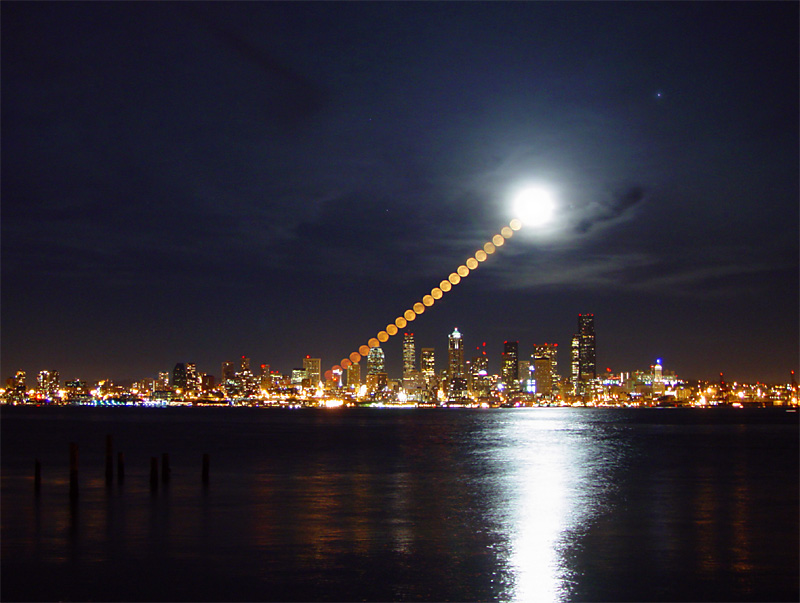Some will know that I just made a pop-culture reference to Wimpy, a supporting character from the Popeye comics and cartoons known for his famous (?) catchphrase "I'd gladly pay you Tuesday for a hamburger today." Those not familiar with Wimpy will wonder what the hell I'm talking about. In this case, the tiebreaker is my long held belief that once a character has risen up beyond the page and the screen and manifested into a fast-food chain (see UK burger chain Wimpy's) they are fair game for referencing.
Anyway... is it possible to please those in the know while not alienating the uninitiated? What is the rate for acceptable "losses"?
Lately, the cover-every-base strategy seems to pour in avalanches of so-called "high culture" references too in hope that the two-pronged attack will include something for everyone.
I'm a big fan of ABC's LOST, which has just completed it's third season and has been the topic of much discussion and deconstruction by critics and fans virtually since day one. Following is an excerpt from a column regarding the Season 3 finale (posted 5/24) on Entertainment Weekly's website, written by Jeff Jenson :
"We got it wrong, didn't we? All the so-called clues in the text, all the suspected hints tucked in the subtext — Stephen Hawking and his time-warping black holes, Ms. Hawking and her symbolically loaded ouroboros pin, the Room 23 film and its hidden message, ''Only fools are trapped in time and space.'' For much of season 3, the freaky theorists among us suspected that Lost was setting us up for some continuum-contorting twist of Hiro Nakamura-esque proportions."
Not any more! Why? Because we the non-MENSA readers and viewers are expected to become temporary faux Renaissance men and women in the LOST loop using the very same methods that the writing staff of LOST used to become instant experts on the symbolism of the ouroborous, Hermann Minkowski's theory of four-dimensional space-time, Jacques-Marie-Émile Lacan's philosophy of psychoanalysis, and the hundreds of other high-minded high culture references that we're meant to believe is propelling the show's mysterious narrative.
How, you ask? Why Wikipedia of course! Wikipedia has become "The Entirety of Humankind's Knowledge for Dummies." As long as we're not asked to provide any sort of depth to that message board post on wormholes or ever engage in conversation in a "live" setting, everybody with a keyboard and an ounce of curiosity is an expert in all fields. sadly, many of us have also become opinionated experts on these topics that we just learned two sentences about last week, but that's another rant. This is no knock on the smarts or creativity of creators/showrunners Carlton Cuse (48, Harvard grad) and Damon Lindelof (34, NYU Film School), I just doubt that they were able to amass PhD level educations in philosophy, literature, physics, etc. and absorb every comic book, horror novel and sci-fi pulp of the 20th century all while cranking out episodes of BRISCO COUNTY, JR., CROSSING JORDAN and NASH BRIDGES. Fortunately, the internet doesn't require a library card and is damn good at summarizing enormous amounts of info into easily digestible paragraphs.
PS. As some of you knew immediately and others like myself had no clue about (until I Wiki'd him), "Hiro Nakamura" is a character from a show I've never seen but apparently is also rich in references- NBC's HEROES. I wonder if it's meaningful that his name sounds a lot like the show's name?







1 comment:
an interesting postscript to this post, taken from an interview with Damon Lindelof and Carlton Cuse on EW.com from 2/22/08:
How about Matthew Abbaddon?
LINDELOF: ''Abaddon,'' we dug that one out of Wikipedia. When we name people, we often do Web searches on certain verbiage or if we want to pull something out of Greek mythology or Native American mythology, like, ''Who was the god of wheat?''
Post a Comment